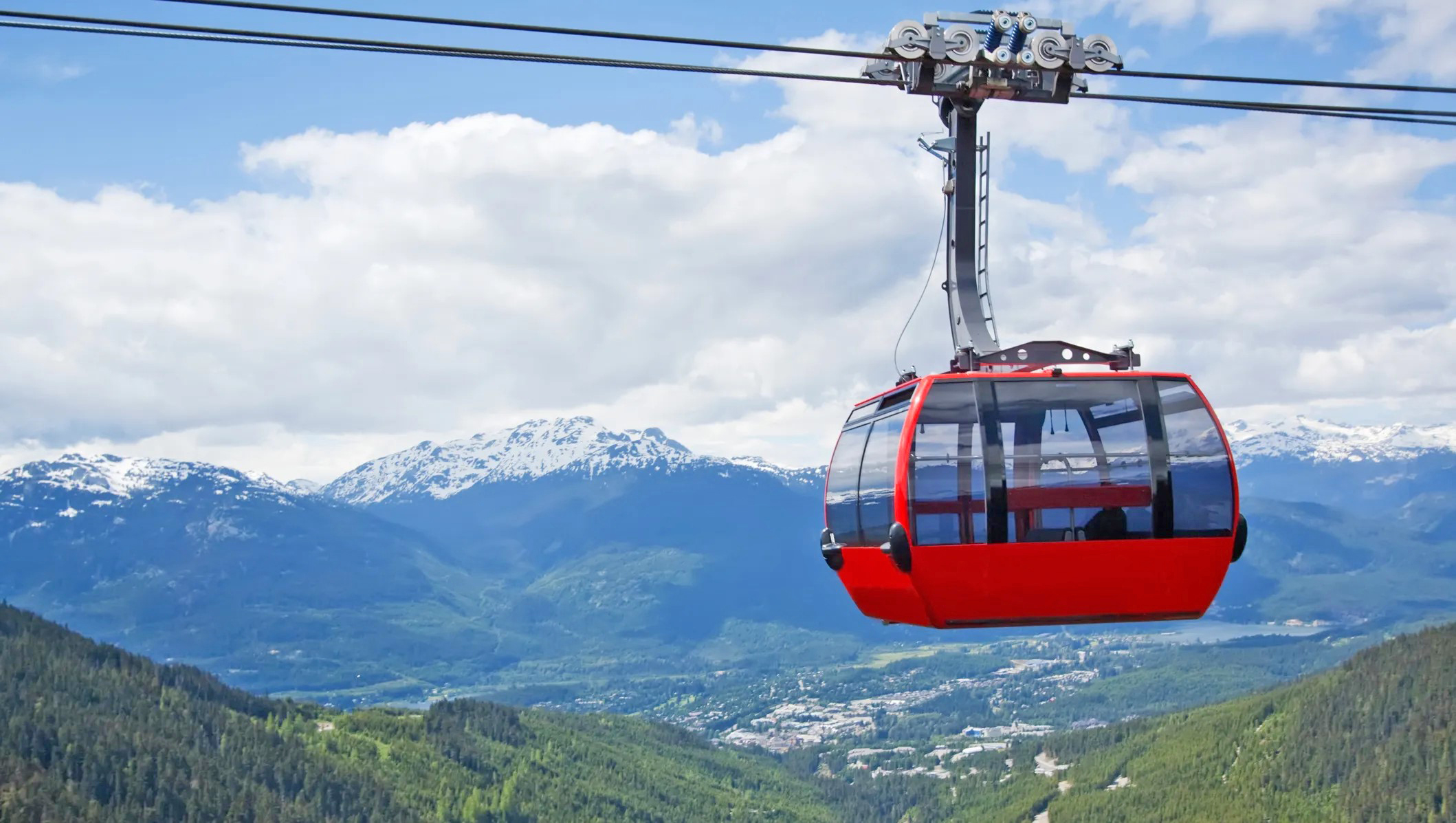Cable cars, private railway operators in the pipeline

Stakeholders are due to meet in Dar es Salaam on Monday to discuss new regulations, which, among other objectives, seek to introduce cable-car transport in Tanzania. PHOTO | FILE
What you need to know:
- Stakeholders are due to meet in Dar es Salaam on Monday to discuss new regulations, which, among other objectives, seek to introduce cable-car transport and private railway operators
Dar es Salaam. Stakeholders are due to meet in Dar es Salaam on Monday to discuss new regulations, which, among other objectives, seek to introduce cable-car transport and private railway operators.
The Transport ministry, through the Land Transport Regulatory Authority (Latra), has organised the meeting during which stakeholders will air their views on a series of proposed regulations aimed at enhancing governance and operational standards in the land transport sector.
According to a statement issued by the ministry, regulations to be discussed are the Latra (Licensing of Railway Operators) Regulations, 2024; Latra (Cable Transport) Regulations, 2024 and the Transport Licensing (Exclusive Public Transport Licence) Regulations, 2024.
The meeting will be an opportunity for stakeholders, including transport operators, policymakers and industry experts, to voice their insights and recommendations.
The ministry believes that stakeholder engagement is crucial in ensuring that the regulations address industry challenges effectively and foster sustainable development in the transport sector.
“The stakeholders’ meeting will gather opinions on the proposed regulations of the Land Transport Regulatory Authority,” the statement said.
Cable transport regulations are expected to govern operations of the planned cable transport which seeks to boost tourism in Tanzania and facilitate commuting in some areas.
Cable transport, which is new in Tanzania, involves transporting people in motor-less, engine-less vehicles that are propelled by a steel cable, commonly known as ropeway.
Latra said that it has done a feasibility study to identify areas that are potential for the installation of cable transport systems.
Some of the identified areas include Mbeya, Iringa, Tanga, Morogoro, Arusha and Kilimanjaro, which it said have a great opportunity to introduce cable transport.
Latra director general Habibu Suluo said the business opportunity for cable transport is there especially in tourist areas.
According to him, there is one person in Mtoo Wa Mbu doing tourism by providing cable services to various tourists, though it is not formal.
“So far, we have not engaged potential stakeholders, there is an appetite for investors to invest in cable transport. That is why, we (Latra) want to come up with a regulations to successfully implement cable transport,” he said.
Cable transport is a broad class of transport modes that have cables. They transport passengers and goods, often in vehicles called cable cars.
The cable may be driven or passive, and items may be moved by pulling, sliding, sailing, or by drives within the object being moved on cableways.
According to the draft regulations, anyone planning to install or construct cable transport infrastructure must meet specific qualifications.
For companies, they must be registered in Tanzania, while individuals must provide proof of Tanzanian citizenship.
Apart from that, a feasibility study report must accompany the application for a permit to operate a cable system.
The report should detail the scope of services offered, including comprehensive structural designs and drawings outlining the cable system’s installation.
Another component is a robust safety plan.
Furthermore, applicants must provide an environmental impact assessment certificate, proof of financial capability to undertake the installation or construction of the cable system, along with a well-defined maintenance plan.
Finally, the application must include proof of payment for the permit application fees and demonstrate compliance with all conditions and criteria specified.
Last June, Transport minister Makame Mbarawa directed Latra to perform their duties to attract investors in the cable transport.
The Latra (Licensing of Railway Operators) Regulations, 2024, will govern the operations of private operators in the Tanzanian railways.
The Transport Licensing (Exclusive Public Transport License) Regulations, 2024 will concentrate on the provision of public transport services in an exclusive manner.
An exclusive licence allows to provide specialised public transport services within urban areas or parts thereof, along specific routes or between such areas, during a specified period, according to the proposed regulations.



